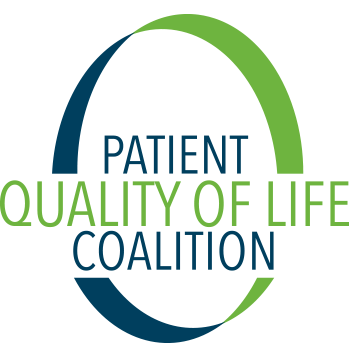Date: Wednesday, February 18, 2026
Time: 12:00 – 4:00 pm EST
Location: In-Person
Request more information by emailing us.

July 22, 2025: 66 advocates from 22 states met with 44 Senate offices and 42 House offices seeking support for PCHETA, S. 2287 & H.R. 4425 and $12.5M in appropriations for palliative care research at NIA/NIH.